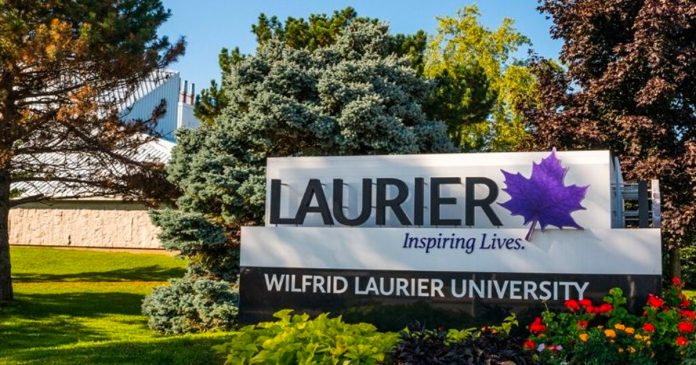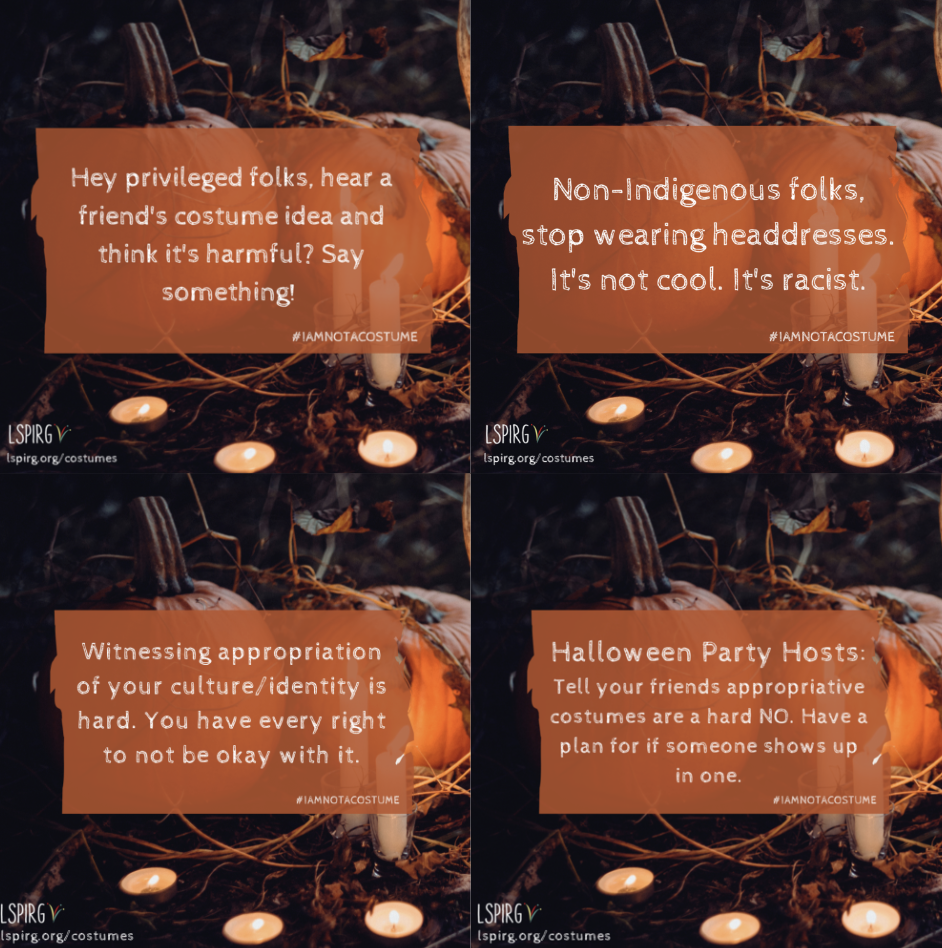In a significant development for Canada’s energy sector, TC Energy Corp. announced on Monday that it has successfully completed the physical construction of the Coastal GasLink pipeline.
Company officials note that the milestone marks a pivotal moment in a project that has been in the works for over a decade.
The Coastal GasLink pipeline, spanning an impressive 670 kilometers from Dawson Creek, BC, to Kitimat, BC, is poised to play a pivotal role in the country’s energy landscape.
Upon completion, it will deliver natural gas to the LNG Canada project, a joint venture led by Shell. The project’s primary objective is to liquefy and export this natural gas to lucrative Asian markets.
Construction has been a multi-year endeavour involving thousands of workers and contractors. The culmination of these efforts occurred on October 7th near Kitimat, as the final weld was completed.
While the physical construction is now concluded, TC Energy anticipates that mechanical completion of the pipeline, which includes final testing and documentation, will be achieved by the end of this year.
Once operational, the Coastal GasLink pipeline will serve as a crucial transportation corridor for natural gas. The LNG Canada facility is still under construction and anticipated to be completed by the mid-decade.
Despite their potential benefits, both projects have faced substantial opposition from environmental and Indigenous groups.
Liquified natural gas industry leaders gathered at the LNG 2023 conference earlier this year said there is growing momentum for Canada to take a leading role in supplying the world with the essential energy source.
The ongoing gas deficit in Europe, a result of disruptions caused by Russia’s invasion of Ukraine, underscores the increasing long-term demand signaled by Asian and other economies.
According to Petronas CEO Muhammad Taufik, the “high-quality” LNG produced in Canada is in high demand, and Canada is poised to capitalize on this opportunity. However, he emphasizes that the window of opportunity may close should the Canadian government not rise to the occasion.
“A call-out to our Canadian friends: You do have probably one of the most unique opportunities to be part of the global solution,” said Taufik.
“You are just naturally positioned to cater to these markets, and I think it would be a huge opportunity lost if we do not pivot to actually respond to those needs.”




























